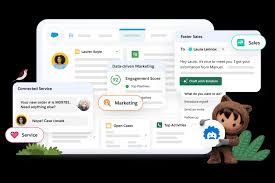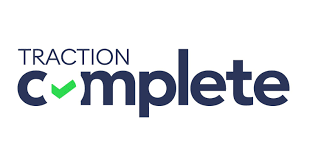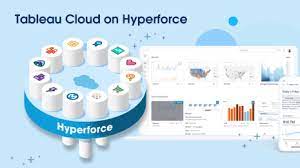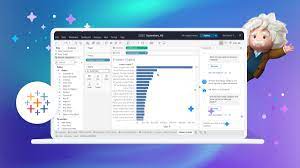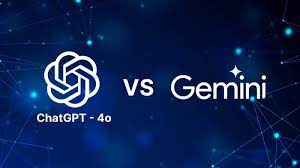AI-Powered Analytics
Tableau Next: AI-Powered Analytics That Works Alongside You Businesses today are drowning in data but burning alive in search of insights. With 75% of business leaders pressured to prove data’s value, the need for fast, trustworthy intelligence has never been greater. Enter Tableau Next—Salesforce’s evolution of its analytics platform, now supercharged with agentic analytics. This isn’t just another dashboard tool. It’s an AI collaborator that speeds up the entire data-to-action process, automating tedious tasks and delivering insights in plain language. What Is Agentic Analytics? Instead of static reports, Tableau Next lets users work with AI agents to: How It Works Built on Salesforce Data Cloud, Tableau Next connects securely to enterprise data while keeping it consistent and reliable. Key features: Why It Matters “We’re moving from static reports to AI as a decision-making partner,” says Ryan Aytay, CEO of Tableau. By blending AI with trusted data, Tableau Next makes analytics faster, more proactive, and accessible to everyone—not just data experts. The result? Smarter decisions, less manual work, and real business impact—without the usual data headaches. Key Takeaways:✅ AI does the grunt work – Automates data prep, analysis, and monitoring.✅ Ask questions, get answers – Natural language queries deliver instant insights.✅ Built for trust – Salesforce’s secure, unified data layer keeps AI accurate.✅ From insight to action – Automated workflows help teams respond faster. Tableau Next isn’t just an upgrade—it’s a new way to work with data. And for businesses racing to stay ahead, that could be a game-changer. Like Related Posts Salesforce OEM AppExchange Expanding its reach beyond CRM, Salesforce.com has launched a new service called AppExchange OEM Edition, aimed at non-CRM service providers. Read more The Salesforce Story In Marc Benioff’s own words How did salesforce.com grow from a start up in a rented apartment into the world’s Read more Salesforce Jigsaw Salesforce.com, a prominent figure in cloud computing, has finalized a deal to acquire Jigsaw, a wiki-style business contact database, for Read more Service Cloud with AI-Driven Intelligence Salesforce Enhances Service Cloud with AI-Driven Intelligence Engine Data science and analytics are rapidly becoming standard features in enterprise applications, Read more





